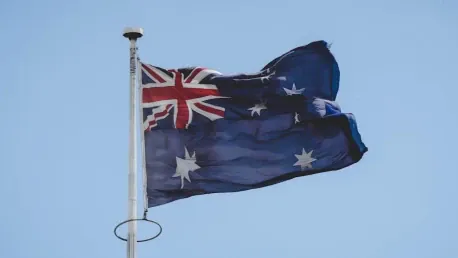The recent introduction of minimum energy performance standards (MEPS) for commercial ice-makers in Australia marks a significant step toward greater energy efficiency in the commercial sector. This initiative, spearheaded by the Department of Climate Change, Energy, Environment & Water, is structured meticulously to ensure a smooth transition. At its core, the two-stage approach is designed to boost energy efficiency progressively, starting with a draft determination and explanatory statement currently open for public consultation until September 16, 2024. The main aim is to provide a clear roadmap to help manufacturers and businesses gradually enhance the energy performance of ice-makers, thereby reducing overall energy consumption and achieving long-term sustainability goals.
The phased implementation of MEPS will see an initial set of requirements introduced, followed by a more stringent set two years later. This gradual approach ensures that all stakeholders have ample time to adapt to the changes without facing abrupt disruptions to their operations. The first phase involves setting baseline energy efficiency criteria that ice-makers must meet to comply with the new regulations. This initial step will allow for an assessment of MEPS’ initial impacts, giving both government bodies and commercial entities valuable insights into the practical outcomes of the policy. Over time, this should lead to a more energy-efficient market, where high-quality products contribute significantly to lowering Australia’s carbon footprint.
The Role of the E3 Program and Future Implications
The recent implementation of minimum energy performance standards (MEPS) for commercial ice-makers in Australia is a pivotal move toward enhancing energy efficiency in the commercial sector. This initiative, led by the Department of Climate Change, Energy, Environment & Water, is meticulously planned to ensure a smooth transition. At its heart, the two-stage approach aims to progressively improve energy efficiency, beginning with a draft determination and explanatory statement open for public consultation until September 16, 2024. The goal is to provide a roadmap for manufacturers and businesses to incrementally boost the energy performance of ice-makers, reducing overall energy use and achieving long-term sustainability targets.
The phased introduction of MEPS involves initial requirements, followed by stricter standards two years later, allowing stakeholders ample time to adapt without sudden disruptions. The first phase sets baseline energy efficiency criteria that ice-makers must meet to comply with the new regulations. This initial step will enable an assessment of MEPS’ impacts, offering both government bodies and commercial entities valuable insights into the policy’s practical outcomes. Ultimately, this should foster a more energy-efficient market, where high-quality products play a significant role in lowering Australia’s carbon footprint.









